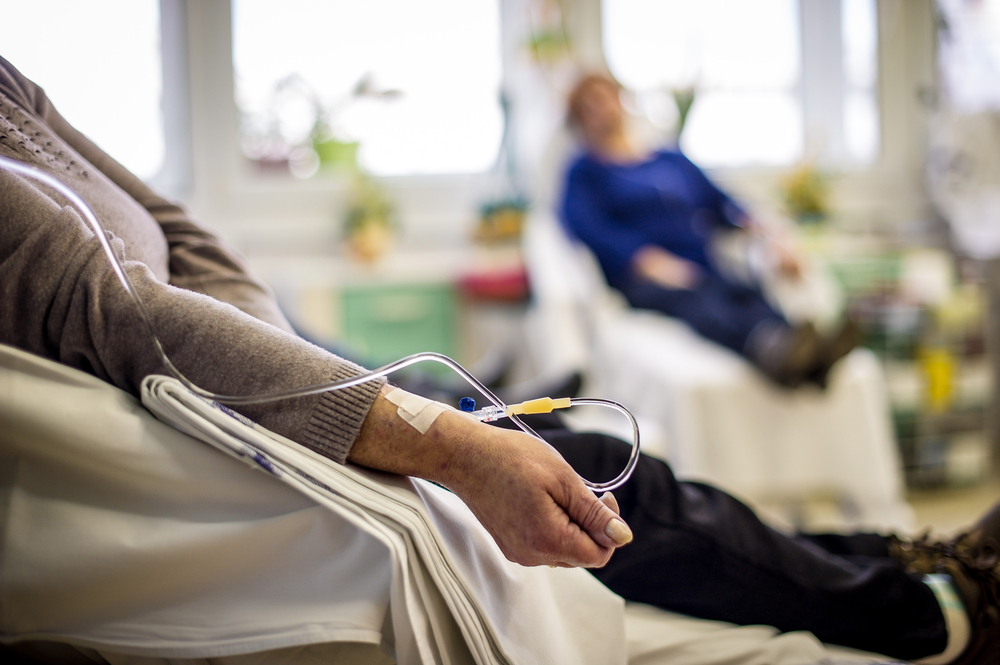UK trials a groundbreaking personalized cancer vaccine, promising a new era in the fight against melanoma.
Others are reading now
the world’s first personalized cancer vaccine specifically designed to combat melanoma is currently undergoing trials on patients in the UK.
This innovative treatment tailors its approach to each individual, instructing the body on how to recognize and prevent the recurrence of cancer cells, as reported by Sky News.
A Personalized Approach to Combat Melanoma
The vaccine, now in its third phase of trials, is managed under the watchful eye of University College London Hospitals NHS Foundation Trust.
Also read
The treatment’s unique method involves taking a sample of the tumor, sequencing its DNA, and then using this information to help the patient’s immune system fight their specific type of cancer.
“A Delicate Tool in the Fight Against Cancer”
Dr. Heather Shaw, who coordinates the trial, expressed her enthusiasm for the potential of this vaccine. “It’s one of the most exciting things we’ve seen in a very long time. It is a really delicate tool,” she commented.
The personalized nature of the treatment not only promises a revolution in the patient’s care but also offers a new frontier in immuno-oncology.
Promising Results in Early Trials
The results from the second phase of the trial have been promising. Patients with high-risk melanoma who received the vaccine in combination with the immunotherapy drug Keytruda showed a significantly reduced risk (49%) of death or recurrence of cancer after three years compared to those who only received Keytruda.
Experts believe that the potential of this vaccine extends beyond melanoma. There is hope that it could also be effective in treating other types of cancer, such as bladder, lung, and kidney cancer. “I believe there is a real hope that this could be a game-changer in immunotherapy,” Dr. Shaw added.


